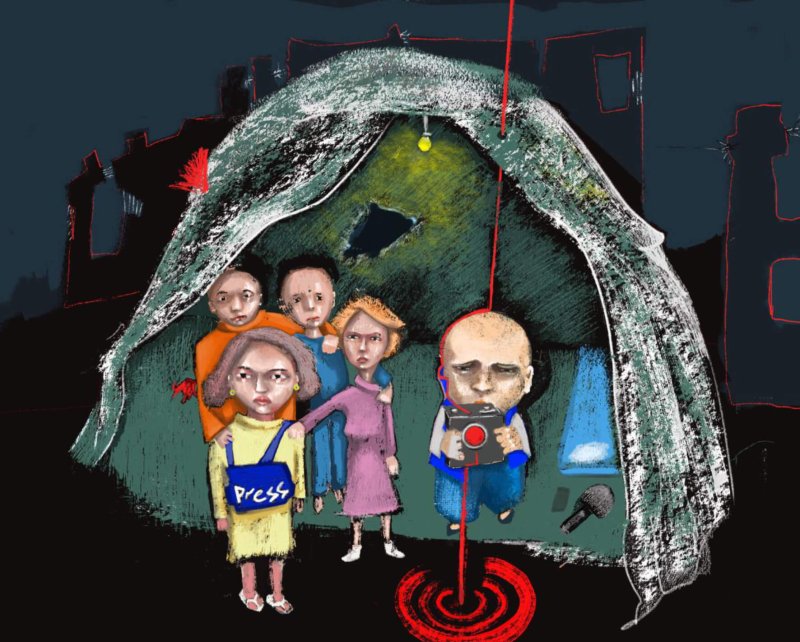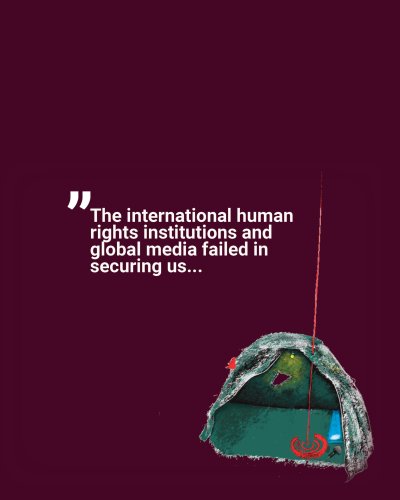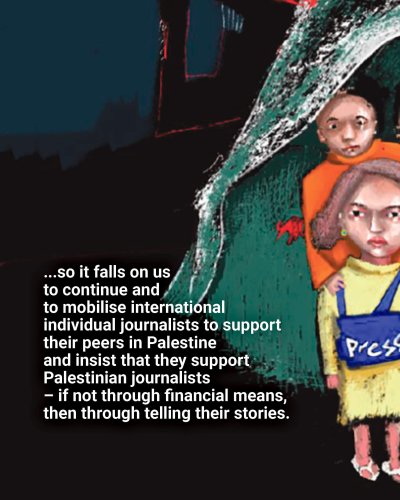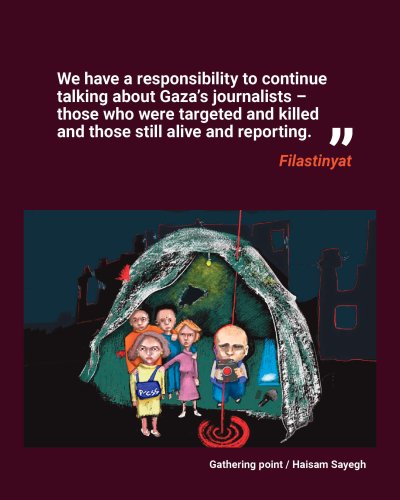Please describe what your organisation normally does, and how you have had to prioritise your work in Gaza and on the West Bank since October 2023.
Since its foundation in 2005, Filastiniyat has been working on promoting and empowering the Palestinian women and youth’s discourse through media. Through various programmes such as our Women Journalists Club and our youth debate club and our online media outlet “NAWA” we have worked with many of Gaza’s journalists.
What has been an important work-related lesson learned these past months?
We have a responsibility to continue talking about Gaza’s journalists – those who were targeted and killed and those still alive and reporting. The international human rights institutions and global media failed in securing us, so it falls on us to continue and to mobilise international individual journalists to support their peers in Palestine and insist that they support Palestinian journalists – if not through financial means, then through telling their stories.
Finally, and most importantly, transparency with the journalist’s community is the best way to earn legitimacy and trust and ensure solidarity within the community too.
Going forward, what do you see as your most important priority?
Fundraising! We need funds that are not conditional, thus appealing to journalists and individuals is a priority. Also, having a comprehensive and realistic plan based on facts and priorities to save the Palestinian media scene (in both Gaza Strip and West Bank). This involves a continued flow of relief (cash, tents, clothes), workstations for media outlets with financial support, psychological counselling. Another priority will be to advocate for accountability of Israel.
What is one thing you wish the world knew about your life and work since October 2023?
I am angry, disappointed, yet, I don’t have the luxury to sit still because my family, my team and my friends are in Gaza expecting me to be their voice in my – relatively – comfort zone.






